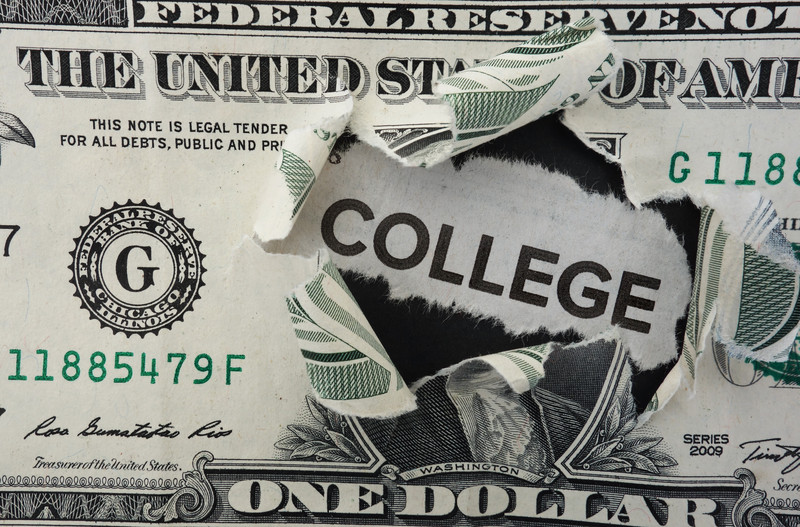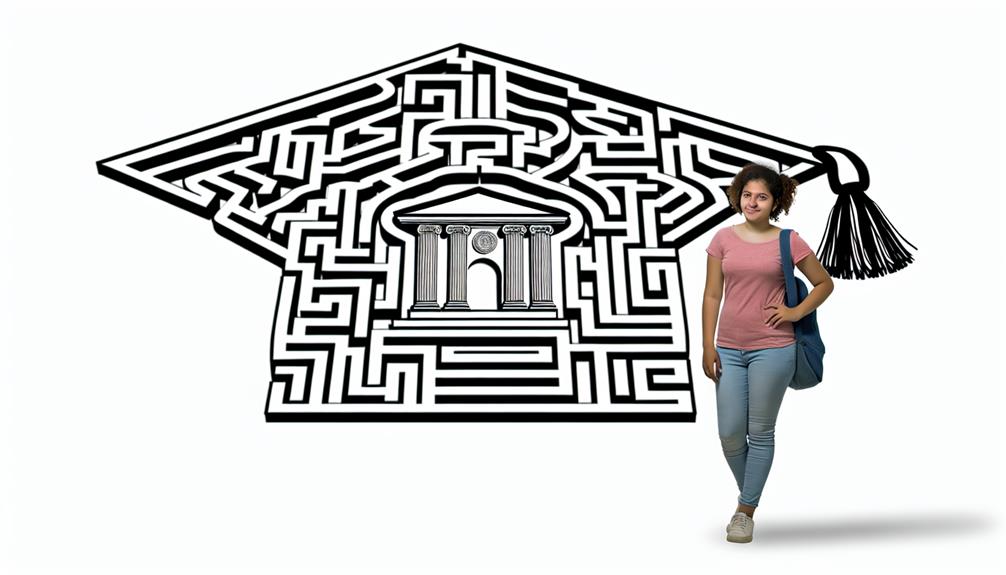Most college students complete their studies with student loans and remain with them until adulthood. Today, most adults still feel stuck by these loan debts.
A recent survey revealed that many people take at least 20 years to clear their student loan debts. Therefore, if you complete college at 20, you’ll be 40 when making final repayments for your student’s loan.
However, you can pay off student loans earlier. Just For College is going to share a strategy that can help you save on interests and give you enough space to emphasize other financial goals.
Yes, paying off your student loans is great, but you also need to consider other financial priorities such as:
- Other loans/debts
- Homeownership
- Retirement savings
- Emergency expenses
- Lifestyle expenses
What are The Pros and Cons of Paying Off Student Loans Early?
Most college graduates are still stuck on whether to pay off their student loans immediately after they get enough money or not.
The truth is, there’s no direct answer to this. Just For College will explain some advantages and disadvantages of paying off the debt early. Read below.
Pros in Paying Off Student Debt
1. You Can Save a Lot of Interest
The primary benefit of repaying your student loans early is that you’ll save a lot of interest. Typically, interest on all loan types is charged depending on the duration that one holds the money.
If you pay for a longer period, you’ll have a higher interest rate. Therefore, if you pay your loan earlier, you’ll save a significant amount of money.
Making extra payments generally will lower your total loan balance, meaning that the interest charges will decrease.
To do this, you must know how to budget well. The best thing is that after a short period, you’ll now be debt-free and bring back your healthy cash flows.
2. Your Credit Score will Improve
Repaying your student loans earlier can help you improve your credit score. Generally, financial institutions usually keep track of how borrowers repay their loans. Therefore, if you keep on defaulting on your loan repayments, your credit score decreases.
Another thing is, your credit score will improve if you follow the repayment plan or adjust it to make the payments earlier than the scheduled time.
In the future, your creditworthiness won’t be questionable, meaning that financial institutions will easily give you high loan amounts.
3. You can Work Toward other Financial Goals
You might have some life goals that you must achieve within a certain period. So, if you repay your student loans early, it’ll be much easier to focus on these financial goals.
For example, it’s much easier to start investing after completing your loan than doing it while still servicing your loan. To build wealth, you must be in a position to retain more funds. Your homeownership journey can be smooth if you pay off your debt early.
4. Gives you Much-needed Peace of Mind
You can eliminate all your financial worries by paying your student loans early. Having some pending debts can be extremely stressful in the long run.
First, you’ll have to think of how best to repay the debt. Secondly, depending on your income level, you’ll be forced to cut down your budget now and then until you pay your loan. Therefore, if you pay off the debt early, you’ll get peace of mind and financial freedom, making it easy to enjoy life.
Cons in Paying Off Student Debt
1. It Can Prevent You from Saving Money
Since you’ve just graduated from college, you might not be in a position to make a lot of money. So, for example, if you decide to pay off student loans early, you might end up not saving even a penny.
Savings is important in your college life. But if you have these burdens of repaying your debts, it will be hard to manage your money without savings.
Depending on your loan repayment plan, you might even sacrifice the little coins that get on your account every month to add up money to repay your debt.
This decision can bring adverse implications in the long run, especially if, after repaying the debt, your source of income gets troubled. If you want to get a new home or start a business, it can also be challenging if you don’t have any savings.
2. You Can Pay a Higher Interest Rate on Future Loans
Emergencies occur unexpectedly from time to time. What if you have an emergency and you used all your money to pay off your student loans? How will you for it without any savings or emergency funds?
Paying your loan early can drain you financially. It only shows that in case of an emergency like this, you’ll end getting loans with higher interest rates in the future.
Typically, student loans have a relatively lower interest than other loan facilities. Even if you have a good credit score after paying off the debt early, this won’t be a guarantee that you’ll get low-interest charges on future loans.
3. You Forfeit The Tax Advantage
A student loan usually provides some tax advantages, including tax breaks. Therefore, if you repay your loan early, these tax breaks will disappear immediately.
The worst part about these tax deductions you’ll get is that there are certain limitations. Normally, it is at $2,500 per year capped.
4. You Can Forget Personal Debts
If you entirely focus on repaying your student loans, you might end up getting in a financial crisis, especially if you have other personal debts. It means that your debts might accumulate rapidly together with your interests.
When this happens, it won’t be easy to bring your finances back to normal. Forgetting personal debts might also end up destroying your credit score and eligibility to get other credit facilities.
Is it Worth it?
With these pros and cons in paying student loans, you can weigh it carefully and make a sound decision. Then, you decide on how you manage your budget and financial priorities.








